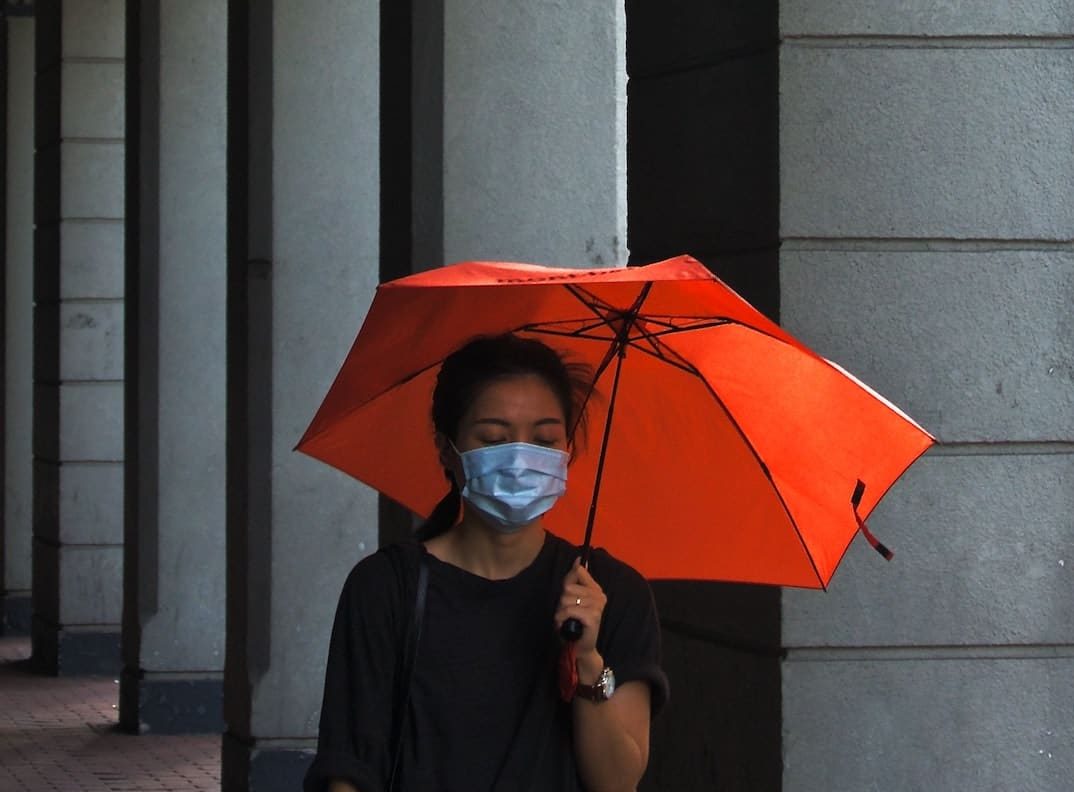How to Cope During the Coronavirus Crisis
In late March, the United States and other countries introduced social distancing measures to restrict movement and manage disease control in response to the coronavirus crisis, causing many people to make significant changes to their daily routines.
The new realities of working from home, home-schooling, unemployment, and lack of physical contact with loved ones can take a significant toll on mental health. In addition to adjusting to the “new normal,” managing the fear of contracting COVID-19 and worrying about the health of family members can be challenging for everyone, especially individuals with pre-existing mental health conditions.
Although the current situation may affect different people in different ways, common reactions include:
- Anxiety surrounding your physical health and the health of family members who may have been exposed to COVID-19
- Changes in sleeping and eating patterns
- Sleep disturbances, insomnia, and fatigue
- Worsening of pre-existing chronic health conditions, including mental health problems and physical health condition
- Increased use of alcohol, tobacco, and other substances
According to the National Alliance on Mental Illness (NAMI), it’s normal to experience a regression in mental health during acute stress periods. The current outbreak may exacerbate pre-existing mental illnesses and mental health problems, such as anxiety disorder, substance abuse, and panic attacks. If you’ve been diagnosed with a pre-existing mental health condition, it’s essential to monitor your mental health and continue your treatment plan during the COVID-19 outbreak.
If you’re experiencing overwhelming feelings of anxiety or depression that interfere with your ability to function, contact your mental health provider. If you’re experiencing new or worsening suicidal thoughts, call National Suicide Hotline’s phone number at 1-800-273-8255.
Managing Your Mental Health During COVID-19
Taking care of your mental health is just as important as monitoring your physical health. If you’re struggling to cope during the coronavirus crisis, taking the following steps can help you manage your mental health.
Create a Routine
If you’re working from home in response to social distancing guidelines, following a routine can create a sense of normality. Set an alarm to avoid sleeping in, change out of your pajamas, take a shower, and create a to-do list of everything you want to accomplish to encourage productive behaviors.
Stay Connected
Staying connected with friends and family members can allow you to share your behaviors and responses toward the COVID-19 outbreak and help you feel less alone. During face-to-face meetings, remember to wear face masks and follow social distancing guidelines. If possible, limit contact to telephone and online channels.
For additional mental health support, consider joining a NAMI family support group or NAMI peer group. Joining a support group can help you express yourself more openly and combat avoidant coping.
Embrace Self-Care
Setting aside extra time to take care of your mental and physical health is essential right now. Aim to eat a healthy and balanced diet, get enough sleep, exercise daily, and practice self-care regularly. Self-care comes in many forms—if you’re having a difficult time, try reading a book, meditating, or spending some time outside.
Reduce Screen Time
Although it’s essential to stay informed with accurate information from the local government and public health sources like the World Health Organization, remember that it’s OK to reduce your screen time if you’re feeling stressed or overwhelmed.
If you’re having trouble reducing screen time, try using social media to share positive stories, and promote mental health advocacy. For inspiration, check out #Act4MentalHealth on Twitter and Instagram.
Seek Professional Help
Working with a therapist, social worker, or counselor can be beneficial for several reasons. It can help treat mental health conditions like anxiety disorder, traumatic stress disorder, and bipolar disorder, and it can also be precious during periods of acute stress.
If you’re struggling to cope with the COVID-19 outbreak, teletherapy can provide emotional support and help you develop coping strategies from your own home.
Finding the Right Therapist
With any therapy, the most important consideration is the quality of your therapeutic relationship. It’s essential to find a mental health professional who is the right fit for your mental health needs and personal preferences.
The type of service and treatment your therapist offers is also essential to consider. If stress, anxiety, and social distancing guidelines in response to the coronavirus crisis have strained your relationships, a therapist specializing in couples counseling or family counseling might be the best option.
If you’re looking for an opportunity to express your concerns and feelings about the coronavirus crisis, develop coping strategies, or continue treatment for a pre-existing mental illness, search for a therapist specializing in forms of talk therapy such as cognitive-behavioral therapy (CBT) and psychodynamic psychotherapy.
Even the best therapist won’t help you if you don’t feel comfortable opening up to them, and searching for an online therapist of a certain race, ethnicity, sexual orientation, or gender identity can help you feel at ease. If you’re looking for an experienced online mental health specialist to help you cope during these uncertain COVID-19 conditions, consider searching for a therapist at the Therapy Group of NYC.
Experiencing stress, anxiety, and fear in response to the COVID-19 outbreak is understandable. Whether you’re taking the first step in starting your therapy journey or transitioning to teletherapy, an experienced mental health professional at the Therapy Group of NYC can provide emotional support and help you develop coping strategies to manage this stressful situation.

